Las Azules
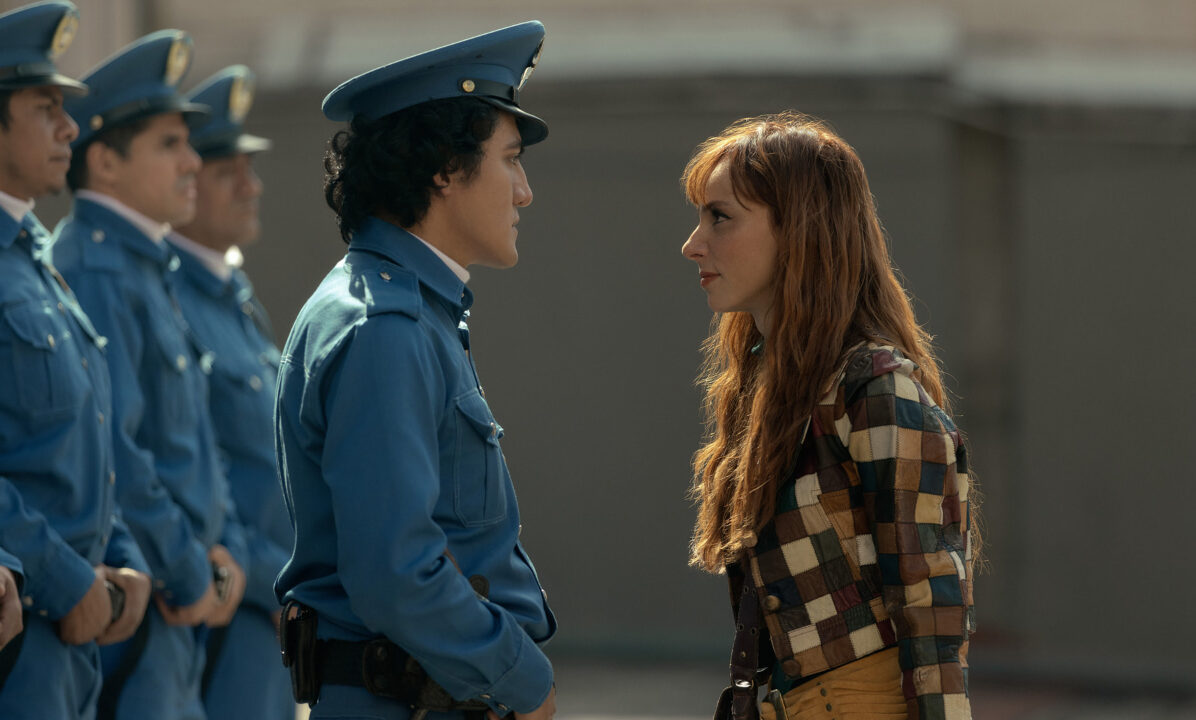
Frustratingly enthralling is the best way to describe Las Azules. Set in 1971 Mexico, the series created by Emmy Award-winning director Fernando Rovzar, alongside Pablo Aramendi, follows four women who train up to join the police force amid a rampaging serial killer known as “The Undresser”. Maria (Bárbara Mori), Angeles (Ximena Sariñana), Valentina (Natalia Téllez) and Gabina (Amorita Rasgado) all live separate and very different lives – each with personal reasons to join the police force. As the show progresses, these four women find comfort and friendship in each other as they fight off the dangers lurking in the shadows, as well as the very organisation they work for whose intent lies less in public safety but in keeping up a front to appease the media. All the while, there are discussions and instances of sexism and misogyny, and how they can bleed into familial relationships and create conflict.
Simple as their individual stories may be, what makes every one of the four main characters so interesting is how their motivations are grounded in everyday people’s lives. Maria and Angeles specifically have the most compelling reasons, showcasing the dichotomy in someone following their dreams rather than doing something out of necessity, and still building a friendship despite those differences. In particular, Maria’s character arc is captivating to follow, seeing her blossom from a timid, scared and careful housewife, to an assertive and confident policewoman. The trust she builds with not just her fellow women in blue, but also the higher-ups within the police force, is such a satisfying watch. In general, every single one of the four has something within them that anybody can take to. This aspect of reliability, despite high stakes, is what makes Las Azules such a rewarding series to follow.
Production-wise, the cinematography focuses a lot on the perspective of symmetry. A lot of the scenes are slightly off-centre, evoking a feeling of unease and intensity, specifically the scenes involving The Undresser. The method itself is reflective of the true motivation of the police force – that is, using the publicity of the women in blue to distract from the serial killer on the loose; he’s not really the police’s main focus. The overall atmosphere of this filmographic choice allows the viewer to feel the disconnect between the passion Maria, Angeles, Valentina and Gabina have, and the apathy of those in power towards the horrors and tragedies being committed against women.
Underlining the blatant sexism of the governing institutions and the environment created by them is one of the key factors of the show. These themes are effectively conveyed through foreshadowing, ironic humour and the crimes committed by The Undresser. Visually, there’s something light and comedic about the oversaturated colour filter, which is also expressive of the vibrant personalities of the main characters. Still, it works brilliantly to emphasise the horrific scenes of violence where the red is deep and the dark blues exaggerate the shadows and silhouettes.
Las Azules is an impressively addictive watch. It hooks viewers in early with an interesting premise and an intriguing mystery. More than that, almost anyone who watches the first episode will want to stay for the characters, to see their arcs come to full fruition. It’s their tenacity, the bonds that form between them and the satisfaction of seeing them rise above everyone who belittles or does not believe in them that makes Las Azules worth watching.
Mae Trumata
Las Azules is released on Apple TV+ on 31st July 2024.
Watch the trailer for Las Azules here:



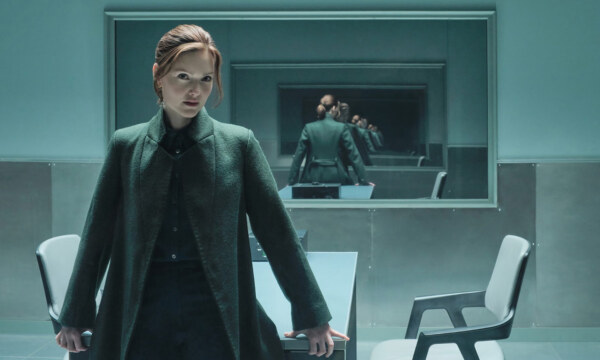
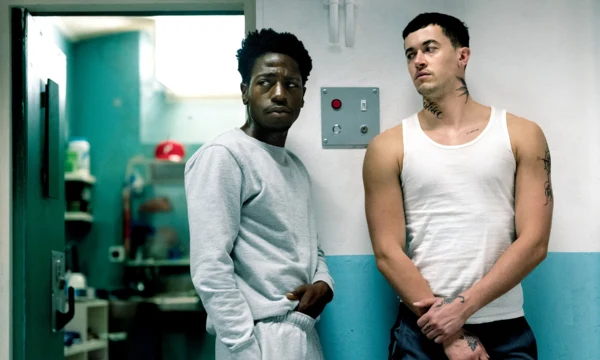












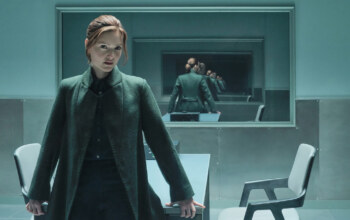




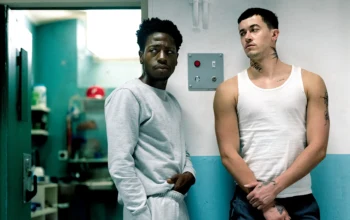

Facebook
Twitter
Instagram
YouTube
RSS